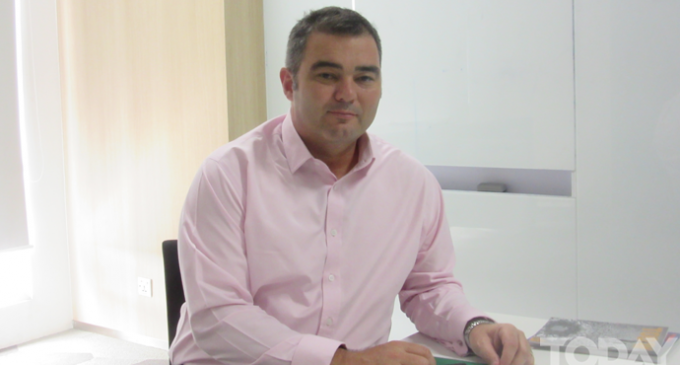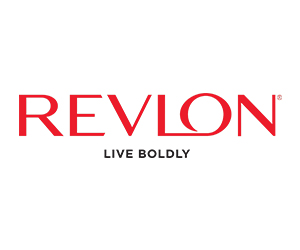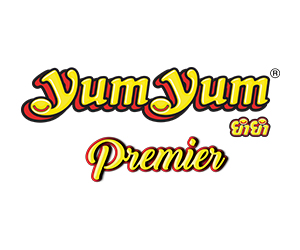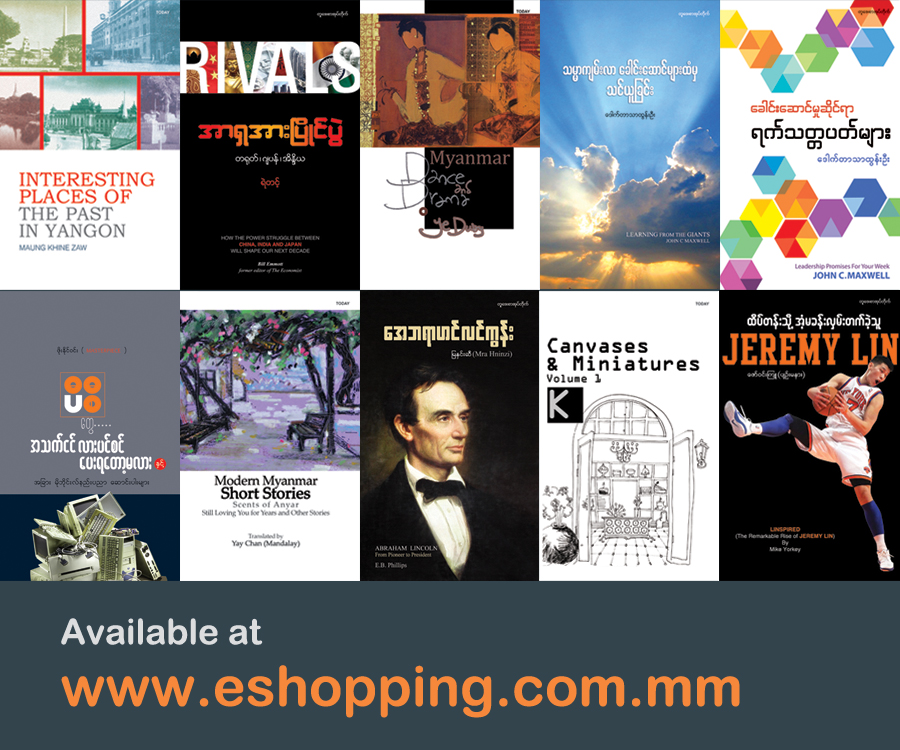Brad Jones, CEO Wave Money

What is Wave Money?
Wave Money is Join Venture between Telenor and Yoma Bank. The goal is to provide reliable, simple, affordable mobile financial services to people of Myanmar. We make Wave Money accessible via mobile phone and agent network. Agent network is basically the mom and pop top shops that exist everywhere in Myanmar with Telenor sign selling top up cards and Tele-nor SIM cards. We effectively use the Telenor’s distribution network and also leverage the relationship and the cash management capability of Yoma Bank to provide that service.
Could you please share more detail about this JV?
The JV is 51 percent Telenor and 49 percent Yoma Bank. We have some staff from Telenor and also some staff from Yoma bank. We bring the bests of the organization together. In terms of the people we bring into this JV, we bring some expatriate form Telenor who have done the same in the market like Pakistan where Telenor had been successful launching mobile financial services. We’re also bringing in industry experts from other markets. So we have people with experience from Africa, from Cambodia, from Indonesia who’d been working as Branch Manager in Yoma bank about 20 years. So we have the best of international talents, Telenor’s talents and the best Myanmar talents as well in the company. We have twelve nationality work-ing in the company at the moment. Most of our staffs are Myanmar but we bring some very good people in to the business.
Who’re in the management of Wave Money?
We have the board that governed the company. We have directors from Telenor and also from Yoma bank. The chairman of the board is Petter Furberg who is the CEO of Telenor.
Your long term vision?
Our long term vision is really to provide the ability to do domestic remittances. There are very large percentages of domestics’ remittances that are done informally. That’s the market we’re looking to serve.
For the first phase we start with very simple product that works well for our customers. We are looking to get that product right, to make it work for customers and agents. Once we got that product right, and then we’ll look doing potentially other things in the future.
Can I say your service is like Red Dot?
We are a little bit different to Red Dot. Red Dot use PoS machine, and they are Cash Acceptance Network. Our service helps users store their money on their mobile phone. We use the agent network like them but our service helps users store their money on their mobile phone. We use the agent network like them but ideally we would like people to transfer money mobile phone to mobile phone, and then use the agent network to actually cash-in, cash-out. And our service is regulated by Central Bank of Myanmar.
We already have services like Wave Money in Myanmar, so could you please mention your differentiation point among them?
I think the big differentiation with some of the existing services which are already launched in Myanmar is that we are able to leverage the Telenor’s distribution network. That provides us the ability to the services. Anywhere the Telenor is we are able to provide agent into that network. I think the big difference and the big opportunity that we have provide a service which really benefits the Myanmar people because we can get the very wide footprints through cooperation of Telenor being a Joint Venture.
You had been successful in establishing mobile services through Wing Cambodia a few years ago. Could you please compare the situations back then and now in Myanmar?
I think Myanmar is a much more exciting market than Cambodia. Myanmar is for bigger as a country, far bigger population that’s the exciting opportunity straight away. The level of banking penetration in Cambodia is similar when we started, but a lot more operators. It was about 8 mobile operators in the market. This is too many. But that’d been consolidated now.
I think Myanmar is a more exciting market because the country is much bigger, people are looking for new things, and they are excited about new products. And we think there is a room need for this service. So Cambodia is a great market and I enjoyed working there but a lot smaller than Myanmar.
The big difference between Myanmar and Cambodia is that back when the service started in 2008, smart phone penetration and data penetration are very low. That’s a really exciting aspect to the Myanmar market. Smartphone is very popular and 55 percent of people who use smart phone are using data. That actually means that in terms of services we can provide, we can provide much better interface for customers to do transfer, to manage their accounts and so on.

The challenge in Cambodia particularly back then was very few people had smart phones and very few people used data, As a result, the interface was USSD and SMS which is not the great customer interface. That big difference here, the proliferation of smart phone, makes this probably the most unique mobile money market in the world.
What do you think about mobile money market trend here?
The opportunity for mobile money is huge here, Because 94 percent of people are not using formal financial services that regulated. Yet, they have the financial service need. They served their need from informal market. So not just for mobile money but for other financial services we have the opportunity to find ways to bring those people into the formal financial sector.
In terms of mobile money, we see the opportunity not about taking business from current players like banks or other players who are doing remittances, we see about the oppor-tunity to grow formal sectors. Mobile money will grow formal domestic remittance sector. We see the whole market getting bigger and bigger. We are very focused on growing the formal remittance sector, because we think the more we can take care of the informal sector, the better it is for Myanmar. Bringing more people into the financial systems creates more transparency as we can see what’s happening around money move in the country.
Security concerns for customer
Mobile money is similar to any other financial services. People will try to fraud and will try to find loophole in the service. So you have to be vigilant, you have to be aware of the risks, and you have to set up the system of making sure that the risks are managed. We are very confident that we are building the right system to manage fraud and to protect customers. We bring a lot of experience around fraud manage-ment and customer protection. There will always be scam, but you have to have systems in place to catch it. We have all those systems to manage fraud and risk.
The most important for people is to protect their pin. Because this service need the customer to enter their pin to authorize the transaction just like ATM. Keeping pin secret is the practice to avoid fraud. On top of that, we’ll have 24/7 call center. Any customer at any time if they think they had been victims of fraud or think something happened to their money can call the center and resolve the issue. If we don’t provide that kind of service, we may have a problem with customer’s trust. And trust is critical for us and this is the biggest thing we have to build with customers. We are very focused on making sure that we deal with customers’ complaints very quickly also.
Challenges doing business here…..
The beauty of our business is that infrastructure isn’t the challenge. We use the mobile phone network, that’s the great advantage of mobile money. You overcome the infrastructure problem. As we use the existing distribution network of Telenor and customers use mobile phone, so wherever there is a Telenor tower customer can use our services.
One of the challenges is that we get the right regulatory framework in place. We are very hopeful that the Central Bank and Union government will move toward releasing regulation that will allow us to have license to operate. We think this is very important for Myanmar, because Myanmar has a vision for Financial Inclusion by 2020. And we see ourselves in playing important role in helping achieve some of the financial inclusion goals. So that’s probably the main challenge that we have at that moment.
Mobile money trend worldwide …
One of the most interesting things about mobile money is that it has a wdier usage in the developing countries than in developed countries. In market like Kenya about 75 percent use mobile money on a regular basic. In Pakistan probably about 30 to 40 percent use mobile money. If you go to market like Australia or United States of America you won’t see that large percentage of mobile money usage. So the reality is the developing countries are ahead of the developed countries in terms of mobile financial services.
./wp-content/uploads/2018/10/Emirate-Online-TDY.png)


















There are no comments at the moment, do you want to add one?
Write a comment